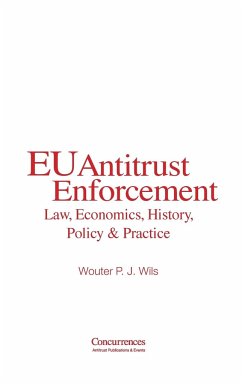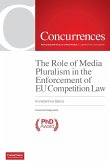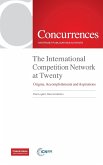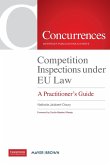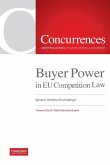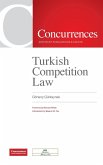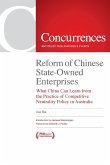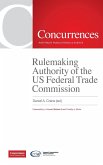EU antitrust enforcement has been radically transformed in the past thirty years. Following the decentralisation brought about by Regulation 1/2003, the European Commission now shares the public enforcement of Articles 101 and 102 TFEU with the competition authorities of the EU Member States. Public enforcement has furthermore changed through the use of leniency, settlements and prioritisation. Private antitrust enforcement, in particular in the form of follow-on actions for damages in cartel cases, has significantly increased, raising delicate questions as to the optimal balance and interaction between public and private enforcement. Increased antitrust enforcement has also brought renewed attention to the procedural rights of defendants and third parties in public antitrust enforcement, and the compatibility of the existing enforcement system and practices with the European Convention on Human Rights and the EU Charter of Fundamental Rights. Blending legal and economic analysis, and drawing on decades of practical experience, this book analyses in detail the main questions of law and policy raised by this historical transformation of EU antitrust enforcement and by its current state.

